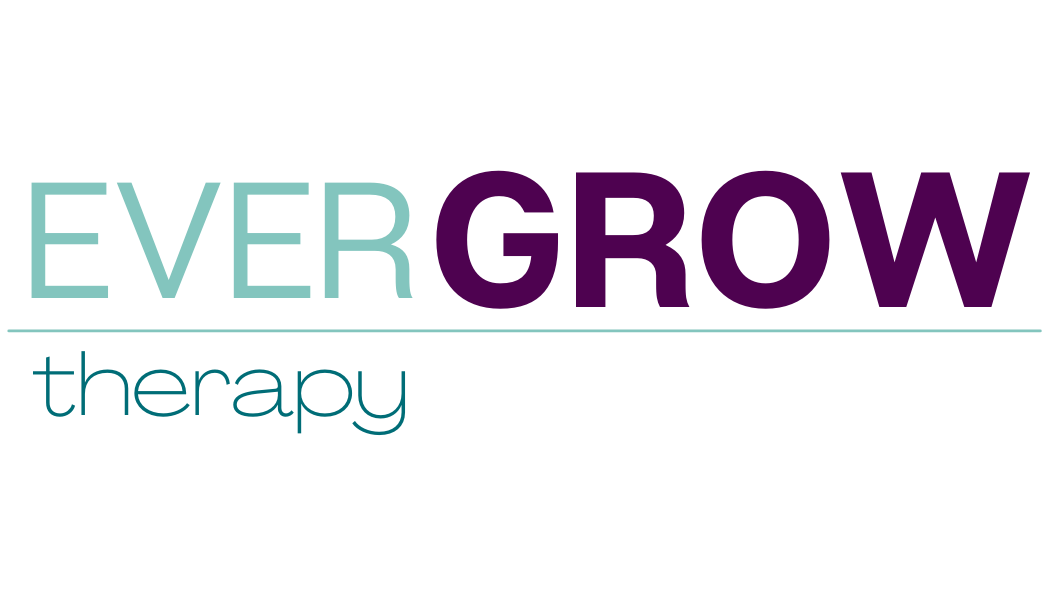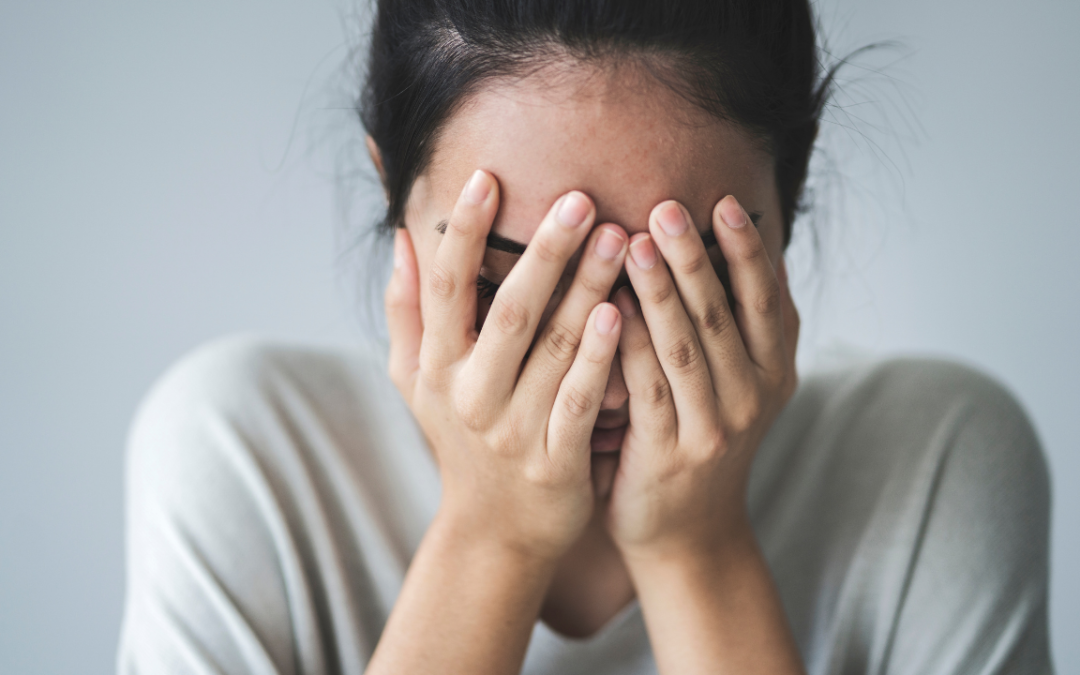Parent Guilt: What To Do When It’s Warranted
Parent guilt seems to be one of those things that just comes with the territory. We are bound to feel it, at least sometimes, as we see the ripple effects of our humanness play out on the next generation. But when is it legit versus a false alarm? And what do we do about it? C’mon parents, let’s dive in.
When is Parent Guilt Warranted?
I think it’s safe to say that most people out there, at least those who have been parents for more than a minute, have lost their cool in front of their child at least once. It happens. And it’s not too hard to find people or resources out there providing reassuring statements like, “It’s ok, it happens to everyone,” or “Don’t worry, everyone makes mistakes,” or some other variation of that.
I agree with those statements 100%, and have even found myself offering those words of support to friends at times. But most of the time, when we are the ones who screwed up, those statements don’t really take away the guilt we feel, do they?
I’m sure there are entire books out there about parent guilt, because it’s plentiful and comes in many forms. But this guilt I referred to above is a little different than the guilt we feel when we are too busy cooking dinner to play, or the guilt we feel when we have to leave a child with a caregiver in order to go to work, or the guilt we feel when our child is crying and we can’t figure out what’s wrong.
In those situations I just mentioned, guilt comes underserved. We haven’t done anything wrong, but we still feel bad. That guilt is more like a version of heartbreak. Because we are limited as human beings and cannot give more of ourselves than what we have.
But the guilt that we feel when we lose our cool is different. That guilt is worthy of the name… we did something wrong, and we feel bad about it. That guilt is indicative of our own morality. It’s a sign that we are able to acknowledge our mistakes and our poor decisions.
It’s a good, healthy thing to be able to feel guilt when it’s warranted. But it certainly doesn’t feel good. In fact, if we don’t do anything about that guilt, overtime, it can eat away at us. So what can we do after we’ve lost our cool with our child?
Overcoming Parent Guilt
Consider these three steps to help guide you through the guilt that comes up losing your cool with your kids.
1. Calm down
If you’re still in the hot zone, you’re not going to be able to use the part of your brain that helps you make thoughtful, rational decisions. So you’ve got to get yourself out of that hot zone before anything positive can happen. This can be one of the biggest challenges as a parent, especially if you’re a single parent or a stay-at-home parent or someone who doesn’t have a partner that is able to take over so you can take a break.
So sometimes you might need to find ways to take a mental break even when you can’t take a physical break. This is where you’re going to need some creativity, and it will all depend on the age of your children. It might be packing the kids up into the stroller and going for a walk outside. Maybe you keep special activities aside for moments like these when you need to entertain the kids and catch a breath. Perhaps this is a moment you become a little more lax with your TV restrictions. If your kids are old enough, you can even tell them you need to take a break to calm down and go in another room for a bit.
However you do it, finding a way to calm down is NECESSARY in order to move on.
2. Allow your child to calm down
In the same way that you’re not able to be thoughtful or rational when you’re upset, neither can your child. If your child is still in the midst of that feeling after you unleashed your tornado, you will also need to help her find a way to calm down. (After you’re calm, of course). She will be unable to have a corrective experience otherwise.
Helping your child to calm down, again, will look different depending on the age.
- The littlest ones might need to be held or rocked or played with.
- Toddlers and preschool-aged children might need help to label their feelings (you can read more about that here: If You Teach Your Kids One Thing, Teach Them This), or to cry, or to direct their anger in an appropriate way (ex: your brother isn’t for hitting, but you can hit this pillow). Hugs and kisses can work wonders for these kids.
- School-aged kids may still need help to label their feelings and could also find drawing their feelings helpful. Physical exercise and alone time might be helpful for these kids too, as well as hugs and affection.
- Teenagers are most likely to need time away from you in order to calm down. Music, art, poetry, and writing are all effective mechanisms for releasing emotions in order to calm down. And physical activity can help release the physiological energy that builds up when angry.
3. Repair
This is where the good stuff happens. Repair is all about taking the bad feelings that have just happened and releasing them through forgiveness and love. When we don’t repair after conflict occurs, kids and parents are left with those negative feelings stuffed inside. Over time, those negative feelings accumulate and eventually explode (read more about that in Why Should We Vent?).
In addition to a feelings explosion, parent/child conflict has a long-term impact on children’s internalization of the process of conflict. Or in other words, what happens when we are mad and what happens afterward teaches them what to expect from conflict in the future. As with most things, kids learn about conflict through their parents. Here are some examples of the specific messages they receive by watching us:
They learn about the “rules” of conflict
- Is it ok to yell?
- Is it ok to name call?
- Is it ok to throw things?
- Is it ok to hurt people?
- Is it ok to give the silent treatment?
- Is it ok to make stuff up to make our argument sound better?
- Is it ok to make fun of people?
They learn about themselves
- Am I bad? Or did I just make a poor choice?
- Am I a burden? Or does my value outweigh my challenges?
- Am I still loved even when I make a mistake?
- Is everything that goes wrong my fault?
And they learn about the ability to work through conflict
- Do relationships end after conflict occurs?
- Is forgiveness possible?
- Can you be mad at someone and still love them?
As you can see, the way children experience conflict with their parents sets the stage for a lot of significant beliefs and expectations later on. (If you reflect on your expectations around conflict, you can likely trace that back to your own childhood experiences). So being able to effectively repair the break in the relationship after conflict occurs is incredibly important to help your child gain the skills to manage conflict in their future.
Ready for more detailed steps on how to go about this repair with your child? I Yelled at My Child… Now What? gives you all the goods on what to do next.
____
Dana Basu, PsyD is a licensed clinical psychologist and founder of EverGROW therapy. She provides individual therapy, support groups, and online resources for parents in Orange County and throughout the state of California via online therapy. She specializes in working with people with difficult childhood experiences, trauma, parenting stress, and chronic guilt.


